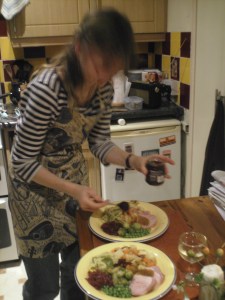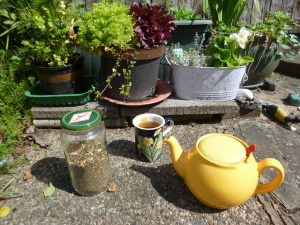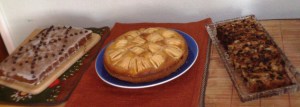The Bricklayers
I.
We are the bricklayers:
we lay the next layer of bricks
in colours of coal and cream
and mustard and rust,
and the next and the next,
where it fits, where it clicks,
bricks upon bricks upon bricks.
We are the people
who have made the big city.
We have walked here over the hills,
we have sailed here and settled,
we have woven the brittle wattle
and cast the wayward clay into bricks
and levelled the luminous limestone
for thousands of years. Our stories
still run underneath the pavement,
in the veins of the hidden rivers.
II.
We are the bricks:
We come in in all sizes, in all shades
of beige and brown and black,
the walls next to each other
and often the bricks, mixed,
a mosaic, haphazard and rough,
like the bark of a London plane-tree.
We are the people
who make up the big city.
We have moulded and sawed,
we have woven and sown,
we have carried and ferried
and bartered on the market.
We have brought up and taught,
we have cared for and cured,
invented, imagined,
and immortalised.
Christina Egan ©2023








